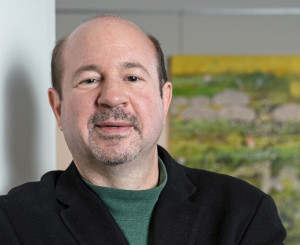Could Radical Migration Be the Solution to the Climate Crisis? Gaia Vince
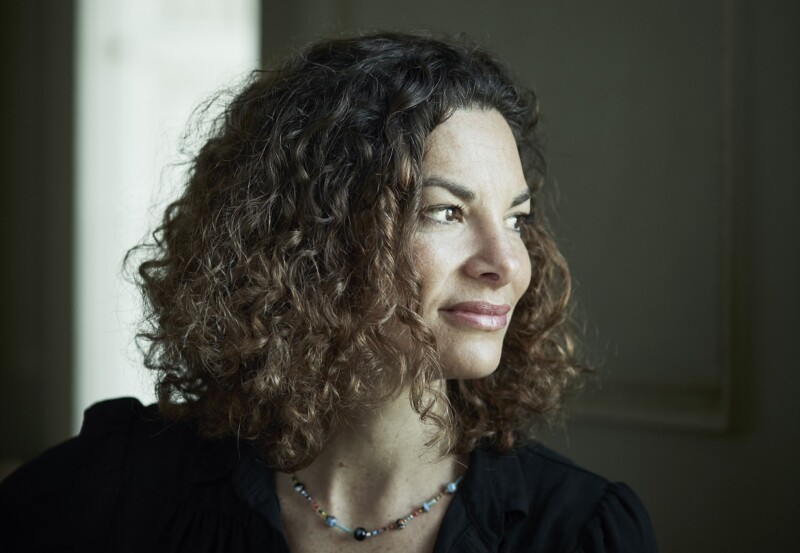
Share this
Gaia Vince looks at the most underreported, seismic consequence of climate change: how it will force us to change where – and how – we live.
We are facing a species emergency. With every degree of temperature rise, a billion people will be displaced from the zone in which humans have lived for thousands of years. While we must do everything we can to mitigate the impact of climate change, the brutal truth is that huge swathes of the world are becoming uninhabitable. From Bangladesh to Sudan to the western United States, and in cities from Cardiff to New Orleans to Shanghai, the quadruple threat of drought, heat, wildfires and flooding will utterly reshape Earth’s human geography in the coming decades.
How can we plan for and manage this unavoidable climate migration while we restore the planet to a fully habitable state? Could migration actually be the solution?
In conversation with Alix Dietzel, Vince talks about places that cannot adapt to climate change, how widespread the toxic narrative around migration really is, what a global policy could look like and why international cooperation is vital, and offers a hopeful vision of radical migration.
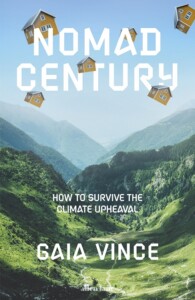
Gaia Vince’s Nomad Century: How To Survive The Climate Upheaval is published by Penguin Books. Buy a copy from Bookshop.org.
If you buy books linked to our site, we may earn a commission from Bookshop.org, whose fees support independent bookshops.
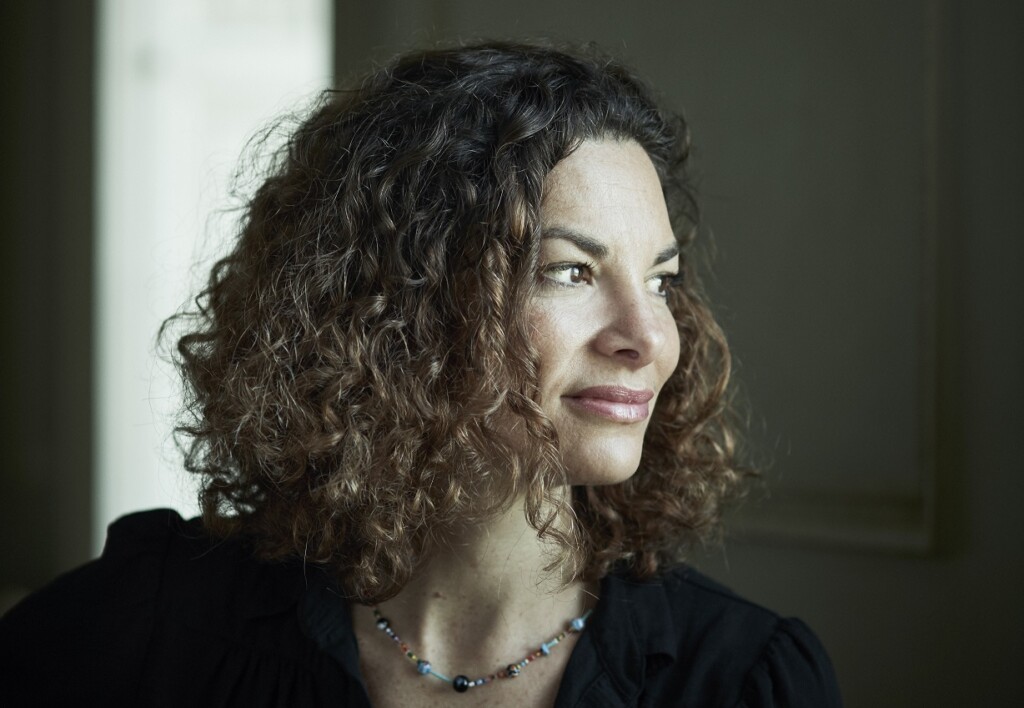
Gaia Vince is an honorary senior research fellow at UCL and a science writer and broadcaster interested in the interplay between humans and the planetary environment. She has held senior editorial posts at Nature and New Scientist, and her writing has appeared in the Guardian, The Times and Scientific American. Her research takes her across the world: she has visited more than 60 countries, lived in three and is currently based in London. In 2015, she became the first woman to win the Royal Society Science Book of the Year Prize solo for her debut, Adventures in the Anthropocene.
Image Credit: Phil Fisk
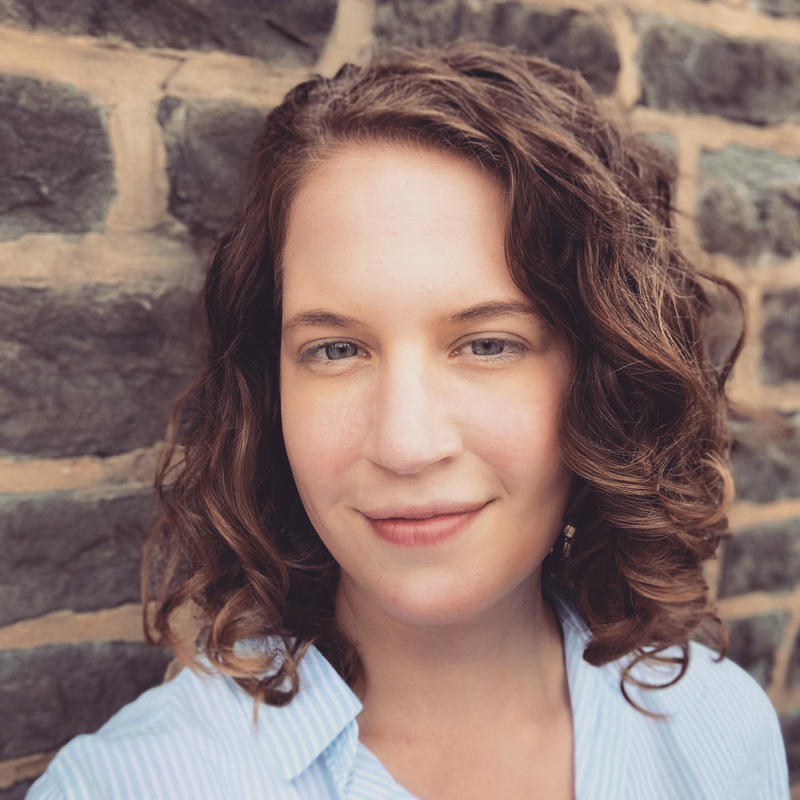
Dr Alix Dietzel is a Senior Lecturer in Global Ethics at the University of Bristol and Associate Director of Impact and Innovation at the Cabot Institute for Environmental Change. She also sits on the Bristol Advisory Committee for Climate Change. Alix’s research focuses on climate justice and climate policy. She has written about the global scale, comparing the UNFCCC to non-state actors such as C40 cities. She is currently working on understanding just transition at the city scale.
